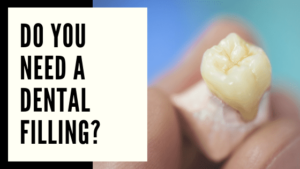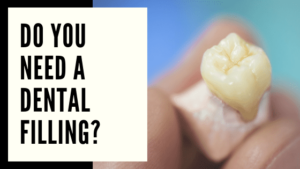Dental implants can be an effective solution to the problem of missing teeth. These implants are a result of the innovations in the field of modern dentistry. People choose to get implants over other teeth replacements due to the benefits offered. You might be surprised to know that this can also have a negative impact on your self-esteem and also make you feel awkward. There is nothing to worry about as you can solve such issues by just booking an appointment at a trusted dental clinic.
In this blog, our dentists at Smiles Of Memorial are going to talk about the different types of dental implants available. Special emphasis will be talking about the factors to consider when choosing a dental implant. So, go through the sections below to gain a clear understanding of dental implants and draw an end to all questions related to the topic.
What Are Dental Implants?
Before we get into the specifics of dental implants, we need to understand what they are. These implants look like natural tooth roots and can replace your teeth’ full root structure. Your dentist in Houston will attach them to your jawbone with a simple dental procedure. On top of that, the crowns are placed. Your dental implants will gradually integrate and become a part of your natural dental anatomy.
Different Types of Dental Implants
Dental implants can be of different types. You should always go for the one that meets your requirements. Implants can be categorized under two broad headings. They are:
Endosteal Implant
This is the most common type of dental implant used for treatment. The endosteal implant can be an alternative option for both removable dentures and bridges. Getting this kind of implant is absolutely safe and can yield excellent results.
Subperiosteal Implant
The process of the subperiosteal implant can be successfully completed within two appointments at a dental clinic. Subperiosteal implants are rarely used in today’s time. Their primary function is to hold dentures in place in patients with insufficient bone height.
Well, the types of dental implants can be also differentiated on the basis of the methods of the treatment. We have provided the types in the pointers below.
All-on-4 Dental Implants
Going for this kind of implant is applicable for people who have lost a number of teeth due to tooth decay. If this is the case with you, do consult your Houston dentist immediately.
Immediate Load Dental Implants
Going for immediate load dental implants can help you to walk out of the dental office with a new set of false teeth. So, you will never have to face the issues related to missing teeth anymore. What are you waiting for? Visit your dentist in Houston today!
Multiple Implants
You might think that the loss of numerous teeth might need full mouth replacement. But, getting multiple implants can resolve this problem with ease.
Single Tooth Implants
Loss of teeth can be caused due to various reasons. As the name suggests, this kind of implant is perfect for the ones who have lost a single tooth.
Now that you have gained a better understanding of the various types of implants, we hope that picking a particular option will not be a difficult task. Consult Smiles Of Memorial if you are looking for the best dental implants service in Houston TX. We can guide you through the process of selecting an ideal option that will meet your needs.



